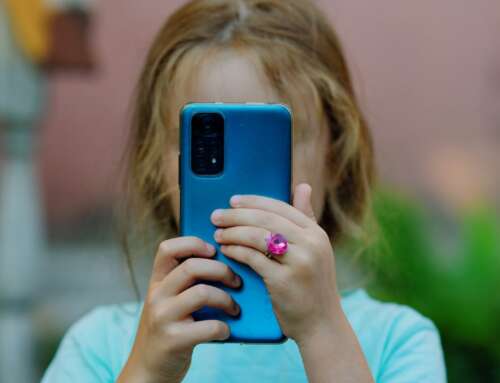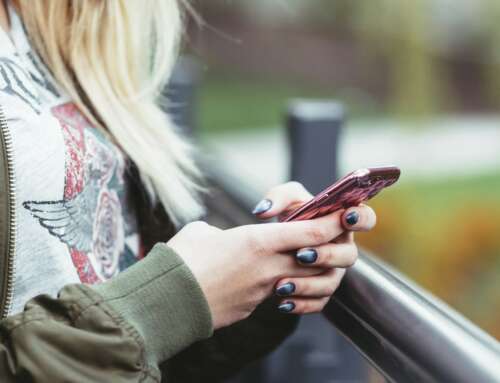When the Trump-affiliated firm Cambridge Analytica obtained data on tens of millions of Facebook users, it used the “Big 5” or “Five Factor Model” personality test to target them with ads designed to influence their votes in the 2016 US presidential election.
The test scores people on five traits – openness, conscientiousness, extraversion, agreeableness and neuroticism – and was used in the election to predict the way a voter would respond to an advertisement.
But the Big 5 can predict a lot more – including how likely you are to even use Facebook, or any other social media.
That’s because the way you score on the test can tell you how likely you are to become addicted to your screen. Research shows that people who score high on neuroticism, low on conscientiousness, and low on agreeableness are more likely to become addicted to social media, video games, instant messaging, or other online stimuli. Studies have also found that extroverts are more likely to become addicted to mobile phone use than introverts.
Some of the correlations make sense. Less agreeable people may be more apt to immerse themselves in technology because it does not require the kind of friendly interactions that real life does. Neurotic people have been shown to spend more time online because it validates their desire to belong or be part of a group. Conscientious people are less impulsive and therefore more able to control and organise their time.
– Tara Bahrampour
Read more: Traits That Put You at Risk of Smartphone Addiction
Image by Marvin Meyer from Unsplash







Leave A Comment